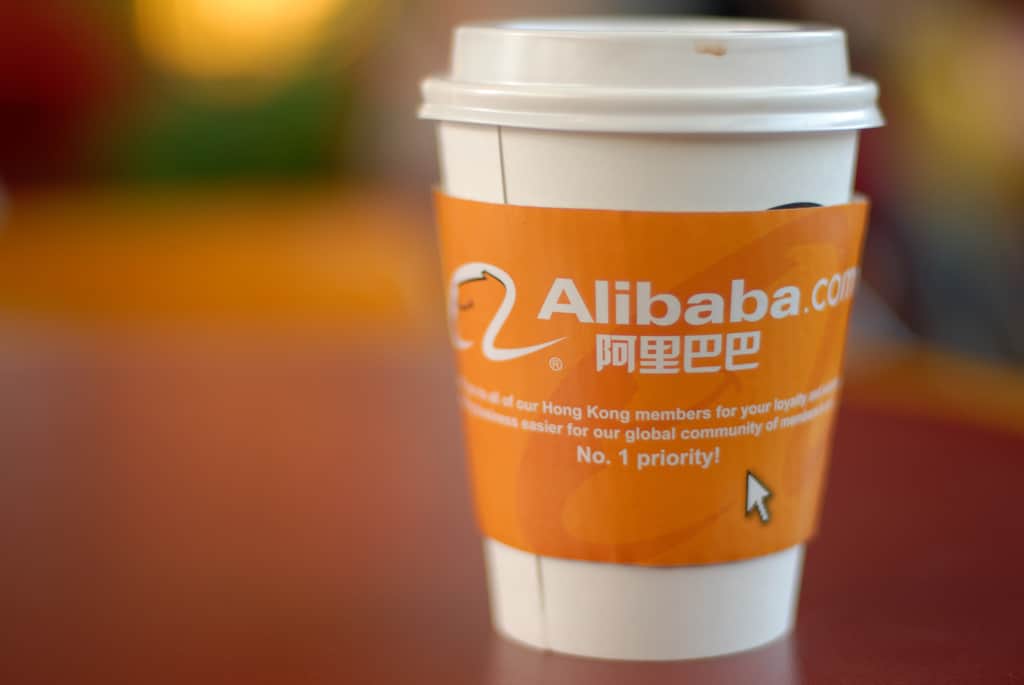Is Alibaba An Undervalued Stock?
If you’ve gotten out of bed in the past month, you’ve probably heard someone mention Alibaba (BABA). The Chinese ecommerce company is in the news this week after doing over $9 billion in gift sales on China’s “Singles’ Day.” With incredible growth numbers and hints of a future partnership with Apple, Alibaba’s stock has picked up tremendous steam and risen over 20% since its IPO.

This run up has led to many analysts reporting the stock as overvalued. However, an expensive stock can still be a good one if the business has the cash flows and growth to justify its stock price. If Alibaba is truly an undervalued stock, it could have serious room to run in the coming months. We’ll lay out some of the reasons that Alibaba might have the chops to back its stock price.
1. It’s Big — Really Big
Alibaba handles close to eighty percent of ecommerce in China, totaling $240 billion in sales in 2013. These sales amounts are double the volume handled by Amazon in the U.S. Alibaba has 307 million active users, roughly equal the population of the United States. In terms of market cap, it ranks above companies like General Electric (GE) and Wal-Mart (WMT).
2. It’s Growing
Despite its size, Alibaba’s potential for growth is still enormous. Analysts estimate that around 600 million Chinese citizens have Internet access, or 46% of the country’s population. Over, 82% of U.S. consumers are connected to the Internet, which means that there are hundreds of millions of potential customers that Alibaba has yet to reach. The company’s first quarterly report from early November showed revenue increases of 54%, sending the stock up 4%.
3. It’s Diversifying
Alibaba has its own online payment platform with over 300 million users. This system gives it control of just under half of the online payment market in China. Alibaba also has its own money market fund called Yu’E Bao, which has been purchasing equity in soccer clubs, hotel tech companies, mobile game makers, online video companies, and travel websites.
So… is it an Undervalued Stock?
Alibaba looks expensive at first glance, trading at $118/share. In addition, the company has a price to economic book value ratio (PEBV) of 5.9, which implies that the company will grow its after-tax profits (NOPAT) by 590% into the future. This number, like many others regarding Alibaba, seems outlandish. But let’s take a closer look at what this means by using our discounted cash flow (DCF) model. Our DCF model allows investors to use adjustable forecasts and compare the value of a company to what the current stock price implies.
Remember that Alibaba’s most recent revenue growth rates are north of 50% annually. If Alibaba can continue to grow revenues at a high rate — 33% compounded annually — for the next 10 years, the stock is worth almost $230/share, a 93% upside.
A 33% revenue growth rate is very high for such a large company. However, as indicated by its growth and diversification efforts, this company is certainly capable of meeting that target. Alibaba currently generates a return on invested capital (ROIC) of 114%, which puts it in the top 10 of all large cap companies I cover. Alibaba is reaching less than half of the Chinese market, a figure that will grow as more Chinese citizens get access to the Internet.
Still, the company has to do a lot of things right to maintain its current trajectory, and ROICs as high as Alibaba’s are usually unsustainable. As a result, Alibaba is a little too risky to be an “undervalued stock,” but it has enough upside potential to earn our Neutral rating. Investors will need to wait and see if the company can keep growing at its current pace.
more



